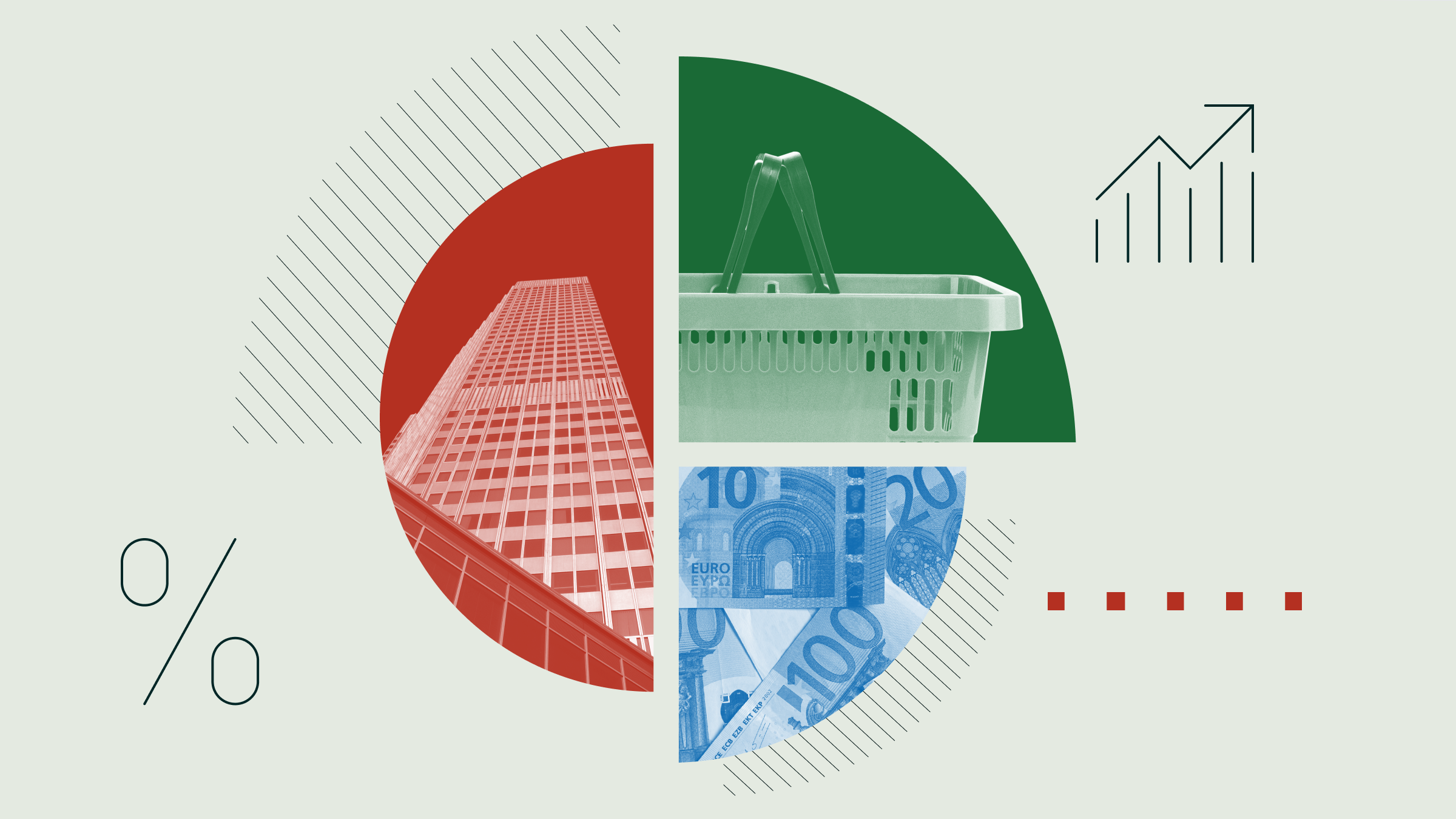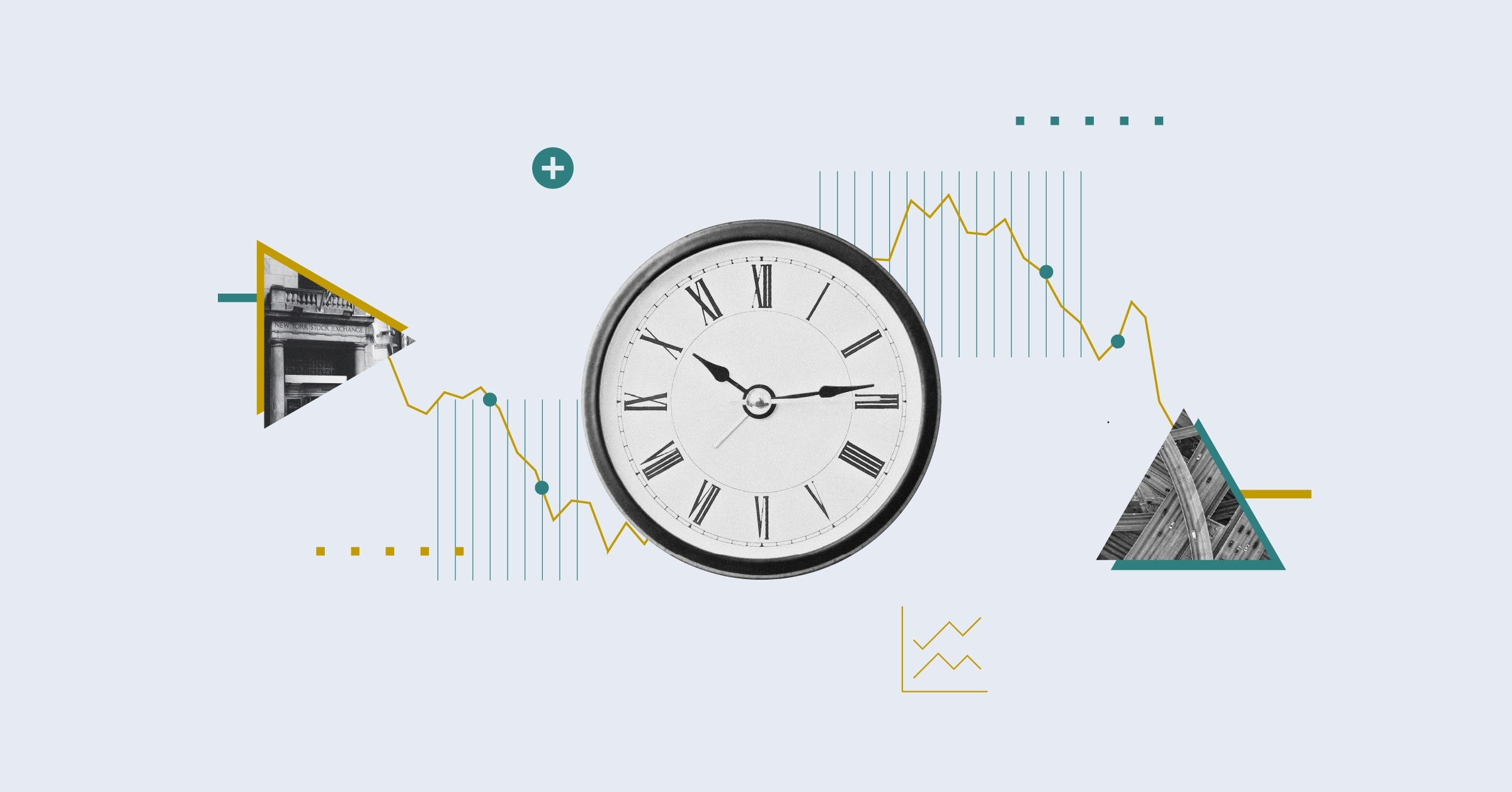Rolle im Portfolio
The PIMCO USD Short Maturity Source UCITS ETF is an actively managed exchange-traded fund that aims to deliver returns above the US three-month money market rate, as measured by the Citigroup 3-month US T-Bill index. The ETF manager invests in investment-grade USD-denominated bonds with very short maturity (that is, mostly up to one year). The ETF distributes dividends on a monthly basis. This is a USD-denominated ETF, which may have foreign exchange implications for European investors.
This ETF will primarily appeal to investors seeking a boost in returns over a standard (that is, passively managed) US money market ETF while limiting risk in the process. However, because it is an actively managed fund, investors should not overlook that a) the ETF’s performance will be determined by the investment choices made by the portfolio manager and b) the management charge will be much higher than those levied by purely passive ETFs.
Money market ETFs--or close alternatives such as this ETF--can be deployed as a core holding in an investment portfolio as a substitute for outright cash positions. Some investors may also use the ETF to neutralise cash drag (that is, the diminishing effect on portfolio returns of holding, rather than investing, cash). Investors using this ETF for cash management purposes will have to carefully consider whether the potential returns (net of fees) on offer are financially attractive relative to cheaper passive alternatives.
Although this ETF is essentially a cash management tool, some investors may see a tactical duration-management use to it. The ETF’s ultrashort maturity bias could allow for duration-shortening plays at times of rising interest rates. We would point out, though, that such use would be mostly suited for European investors with a significant US fixed-income exposure and the ability to comprehensively monitor economic developments and their implications for US monetary policy.
Fundamentale Analyse
The US economy has staged a strong and sustained recovery. Domestic private consumption and business investment have improved, and the housing market has strengthened. Labour market conditions have also shown consistent positive signs, with the jobless rate pushing towards 5.0%, down from a peak of 10% in 2010. Meanwhile, the fall in commodity prices are keeping inflation very subdued, and, although wage growth has picked up somewhat in 2015, long-term inflation expectations remain well anchored.
Against this backdrop, the US Federal Reserve retains its accommodative monetary policy stance. Fed funds have been held in a 0.00%-0.25% target range since December 2008 and, despite expectations for policy tightening to be around the corner, are likely to remain at low levels for a protracted period. The Fed has clearly signalled that any tightening would be undertaken very gradually.
Even pricing in the likelihood of higher interest rates in the long-run, short-term yields (for example, three-month T-bills), which tend to replicate movements in the Fed-funds rate, should also be expected to remain at very low levels for the foreseeable future.
Against this backdrop, one would expect an actively managed fund to easily deliver returns over a benchmark linked to three-month T-bill yields without unduly taking too much risk.
Indexkonstruktion
The benchmark of reference for the ETF manager is the Citigroup 3-Month US Treasury bill index. The index measures returns equivalents to the yield average of the last three three-month US Treasury bill month-end rates. Returns for this index are calculated on a monthly basis. The calculation process is as follows: a) compute the discount yields for the three previous month-end dates, b) convert the discount rates to bond-equivalent yields, c) calculate the simple average of the bond-equivalent yields, and d) de-compound to a monthly frequency using the actual number of days in the month and a 365-day year convention.
Fondskonstruktion
The PIMCO USD Short Maturity Source UCITS ETF is denominated in USD and distributes dividends on a monthly basis. The ETF is actively managed by PIMCO Global Advisors Limited. As of this writing, the ETF’s portfolio manager is Jerome Schneider. Schneider is an executive VP in PIMCO’s Newport Beach, California, office and is head of the short-term and funding desk. He has over 15 years of investment experience. The ETF invests primarily in a mix of investment-grade USD-denominated government and corporate bonds with short maturity (up to three years, but mostly up to one). At the fund manager’s discretion, the ETF may also invest in instruments such as emerging-markets, mortgage-backed, or municipal debt, provided they are USD-denominated and investment-grade-rated. The average duration of the ETF will vary in relation to the portfolio composition chosen by the fund manager at any given time. However, the objective is to keep it below one year. PIMCO Source discloses the daily composition of the ETF portfolio, including a breakdown by asset type, maturity, country exposure and credit rating, on its website. A snapshot as of this writing (early November 2015) showed the portfolio was made up of some 380 bonds, with individual statistical weights ranging from 0.01% to 1.7%. The distribution by asset type was 70% investment-grade corporate, 15% mortgage-backed, 6% government, and the remaining 9% split between cash, emerging-markets, and municipal bonds. PIMCO Source ETFs do not engage in securities lending.
Gebühren
The annual ongoing charge for this actively managed ETF is 0.35%. This compares to a 0.10%-0.20% for passive ETFs providing exposure to the US money market or the short-dated segment of the USD-denominated bond market. Additional costs potentially borne by investors and not included in the ongoing charge include bid/offer spreads and brokerage fees when buy/sell orders are placed for ETF shares.
Alternativen
European investors looking for ETFs for USD cash management purposes but unwilling to go down the actively managed route can choose from a number of ETFs either tracking money market or very short-dated fixed-income market indexes.
Tracking indexes that replicate the returns of Fed funds, we find the db x-trackers Fed Effective Rate ETF (ongoing charge 0.15%) and the Comstage Fed Effective Rate ETF (0.10%). Both are swap-based. In assets-under-management terms, the db x-trackers fund is the bigger of the two.
Meanwhile, when it comes to short duration USD-denominated bond markets, we find an array of ETFs. However, they either track only sovereign (for example, US Treasury 1-3 year) or corporate-bond market indexes. Moreover, most have duration above the one-year mark.
An exception is the iShares USD Ultrashort Bond ETF--a physically replicated ETF that offers exposure to the very short-dated US corporate-bond market. It charges 0.20% and generally displays average duration below one year.

















